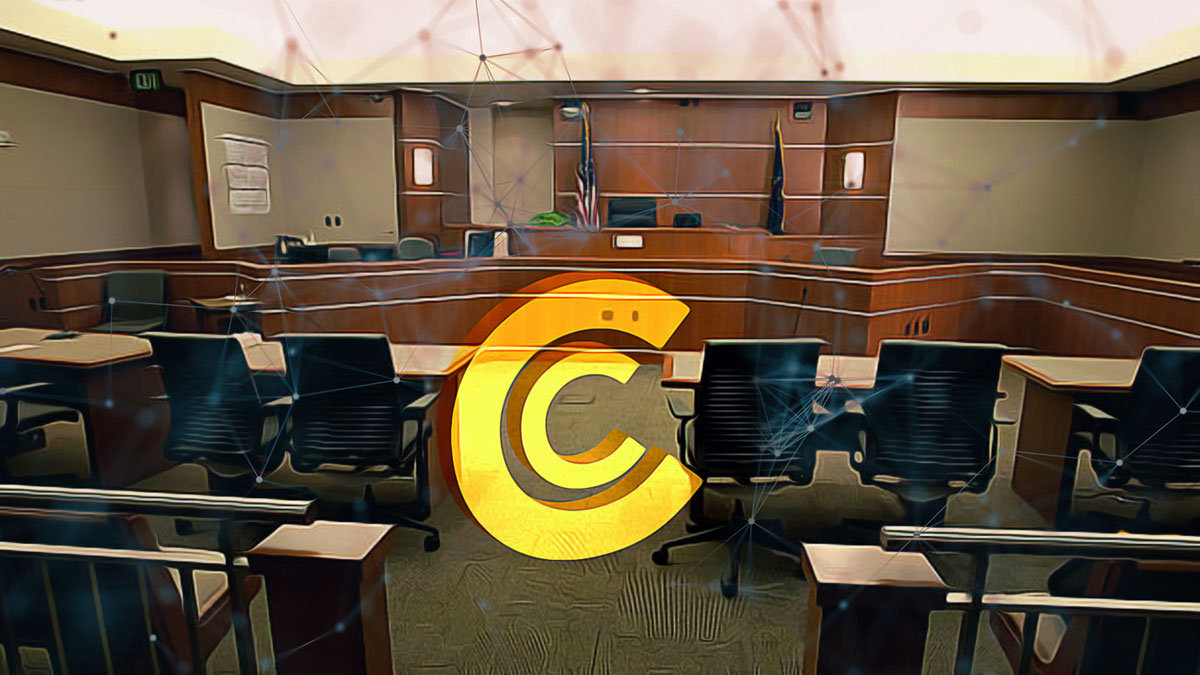Con artists previously exploiting the digital currency space are now encountering legal repercussions for their fraudulent activities. These individuals, who once swindled investors through crypto-related schemes, are currently being held accountable for their past transgressions. Enhanced on-chain intelligence tools and stringent oversight are instrumental in bringing these criminals to justice, demonstrating that their misdeeds are no longer overlooked.
Details on the IcomTech Scandal
Recent updates from the U.S. Department of Justice reveal consequences for participants in the notorious IcomTech fraud. The Southern District of New York’s Attorney, Damian Williams, has confirmed that two central figures in the scam have been penalized for deceiving investors.
Verdict Delivered in High-Profile Crypto Fraud
A jury unanimously found David Brend and Gustavo Rodriguez guilty of orchestrating the IcomTech Ponzi scheme, which duped countless individuals by promising substantial returns on purported cryptocurrency investments. The verdict represents the government’s resolve to eliminate fraudulent activities, including those in the cryptocurrency market, and serves as a stark warning to others contemplating similar deceptions. The convicted now face hefty prison sentences, paying the price for the financial harm they have inflicted.
With the legal system catching up to crypto deceptions, this case serves as a reminder that the veil of anonymity in digital transactions is lifting, and justice is securing victories against financial fraud.
These developments mark a significant stride in safeguarding investors and maintaining the integrity of the cryptocurrency market, showcasing the effectiveness of persistent legal enforcement.












